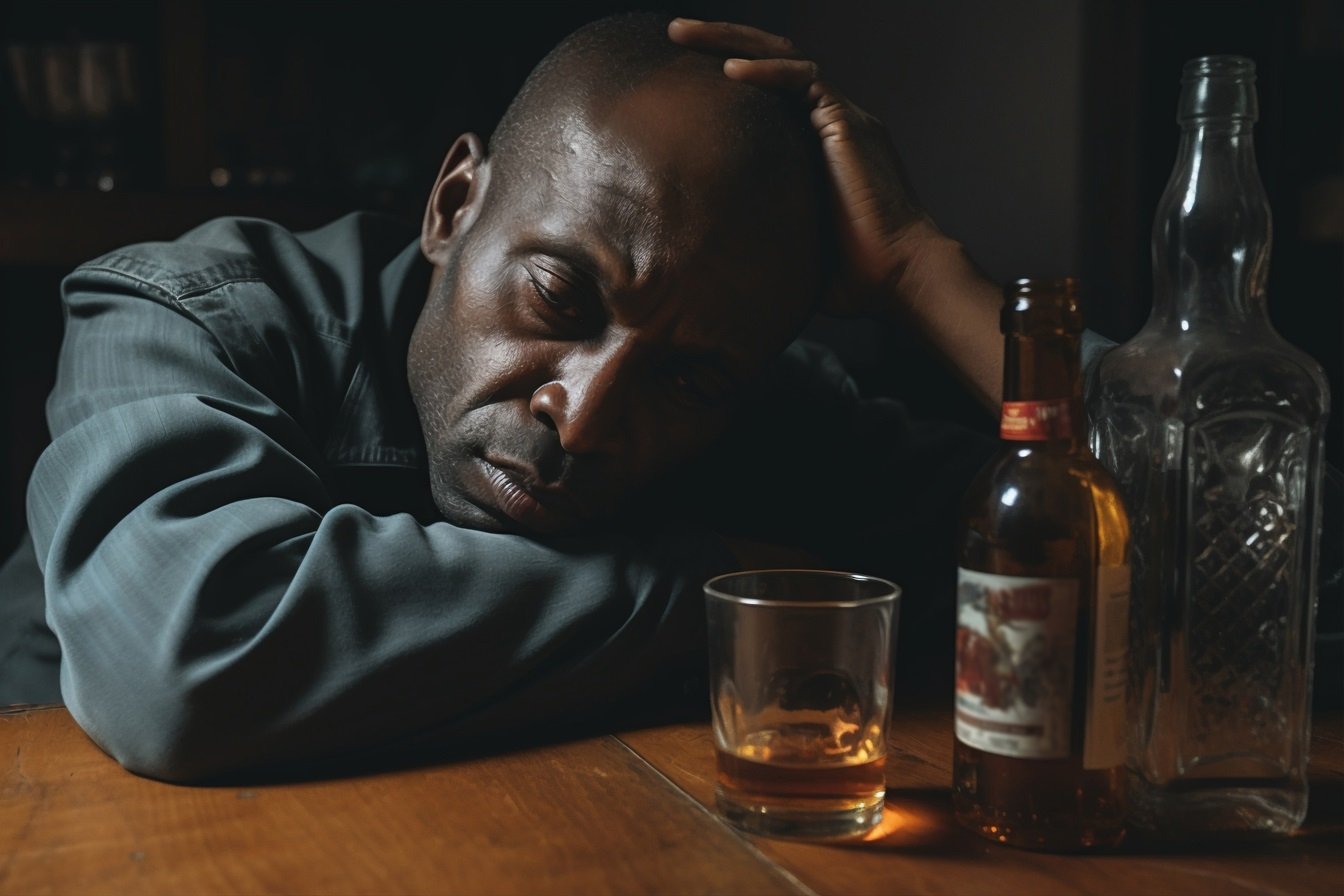Identifying someone who has high-functioning depression might be challenging. That’s because they frequently give off the impression that everything is OK. They show up for work, complete their assignments, and maintain relationships.
The saddest part is they are crying for help from within even while they go through the motions of maintaining their daily lives.
Dr. Carol A. Bernstein, professor of psychiatry and neurology at NYU Langone Health, states, “Everyone talks about sadness and anxiety, and it means different things to different individuals.”
High-functioning depression is not a recognized medical condition.
Even worse is that people experience and live with depression, but how does it affect our ability to carry on with life?
Technically speaking, depression and high-functioning depression are the same things. Depression can range in severity from minor to severe.
Ashley C. Smith, a certified clinical social worker, says, “some individuals with depression can’t go to work or school. Generally, their performance drops dramatically because of depression. However, that isn’t the case for those with high-functioning depression. Most of the time, they can still function in life.”
But just because you can survive the day doesn’t mean it’s simple.
Here are the perspectives of six people on what it’s like to work and live with high-functioning depression.
You feel like you have to “fake it” all the time when going through high-functioning depression.
“We hear much about impostor syndrome these days, where people believe they are faking it and aren’t as well-adjusted as others.
For people who battle with severe depression and other types of mental illness, there is a version of this.
You become pretty skilled at “playing yourself,” assuming the identity that those around you envision and want to experience.
John Paul.
You must prove your need for assistance and struggle.
“High-functioning depression makes daily life very challenging. While you can go through life and work and generally complete tasks, you’re not completing them to the best of your ability.
In addition, nobody thinks you’re in trouble because your life isn’t in disarray.
Because I wasn’t dropping out of school or dressing like a complete disaster, no one would believe me when I said I was suicidal and on the verge of ending it all while I was a student. It’s the same at work. It’s crucial to believe those who come out and ask for help.
“Finally, many mental health programs include requirements based on needs, meaning that to receive assistance, you must exhibit a particular level of depression. I have to lie about my functioning to access services, even when my mood is extremely low, and I am frequently considering suicide.
Nickabel Thomas- Cashier, Souk Supermarket
The good days tend to be somewhat “typical.”
“A good day is when I can get up before my alarm, shower, and put on makeup.
I have the strength to endure being around people, as required by my position as a software trainer.
I’m neither irritable nor anxious and don’t experience complete despair. I can get through the evening and engage in conversations with coworkers. I can focus and think clearly on a good day.
However, the terrible days are intolerable with high-functioning depression.
“And now for a dreadful day…” I must push myself into taking a shower and getting ready since I struggle to get out of bed. To hide my internal problems from others, I wear cosmetics. I don’t want to talk to anyone or be bothered. I put on a front of friendliness since I have rent to pay and don’t want to make things more difficult for myself.
“After work, I just want to get into my room and watch YouTube or Instagram aimlessly. When I eat junk food, I degrade myself and feel like a loser.
“I have more bad days than good days, but I’ve gotten skilled at faking it so that my clients think I’m happy. I frequently receive praise for my work. But deep down, I am aware that I fell short of my potential.”
Rolland Knap- Chef, Sarova Hotels
So much energy is required to get through the terrible days.
It takes a lot of energy to get through a difficult day. I do complete the work, but it could be better. Tasks take substantially longer to complete. I spend a lot of time staring into space while attempting to recover control of my thoughts.
“Despite being aware that my coworkers cannot possibly be aware of my difficult day, I find myself being quickly irritated with them. On bad days, I’m incredibly critical of myself and tend to avoid showing my boss any of my work out of concern that he’ll think I’m incompetent.
“Prioritizing my tasks is one of the most valuable things I do on terrible days. I complete the more difficult tasks when I have the greatest energy since I am aware that the harder I push myself, the more likely I am to break.”
Anthony Waithaka, Entrepreneur
Concentrating and feeling like you’re not giving the best can be challenging with high-functioning depression.
Sometimes, nothing is accomplished. I can spend the entire day in a protracted trance, or it can take the whole day to finish a few tasks. Being in public relations and working with people and organizations who support noble causes, frequently touching people’s emotions, can sometimes make me fall even further into sadness.
“I can be writing a story and have tears running down my cheeks as I type. That could work in my client’s favor because I am so passionate and invested in telling powerful stories, but it’s frightening because the feelings are so intense.
Shadrack Okenyu, Businessman
It is exhausting to have high-functioning depression.
Living with high-functioning depression, in my opinion, is incredibly draining.
When the thought that the individuals you interact with barely tolerate you and your presence in the world, it is difficult to smile and laugh naturally throughout the day.
“It’s realizing you’re a waste of oxygen and useless… and doing all you can to disprove it by being the best student or worker you can be.
Going above and beyond day in and day, trying to convince someone that you deserve their attention when you don’t feel like you are.
Giovanni Sagaram, Student
The bottom line
Asking for guidance does not indicate weakness. In reality, it has the opposite effect.” Everyone is entitled to their perspective, but the three pillars of the mental health triangle—quitting drinking, talking therapy, and medication or well-being supplements—have proven to be significant.
It has been a crucial factor in the recovery of many people because it especially aids in maintaining a level state every day.
“Seek treatment if the depression significantly affects your quality of life, and you believe you should be feeling better. Consult your healthcare physician about it; many of them are experienced in treating depression. Also, ask for a recommendation for a good therapist.
“While there’s still a lot of stigma surrounding mental illness, I’d argue that we’ve come a long way. Admitting you need help and have a problem is perfectly acceptable.






